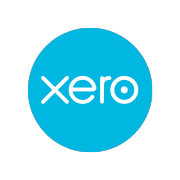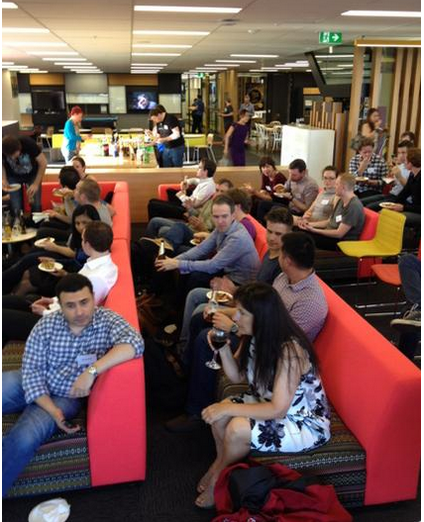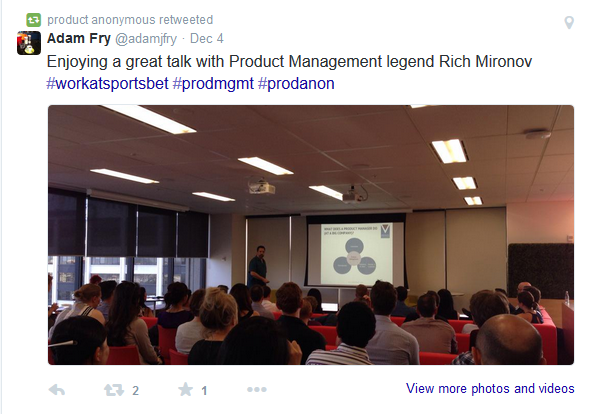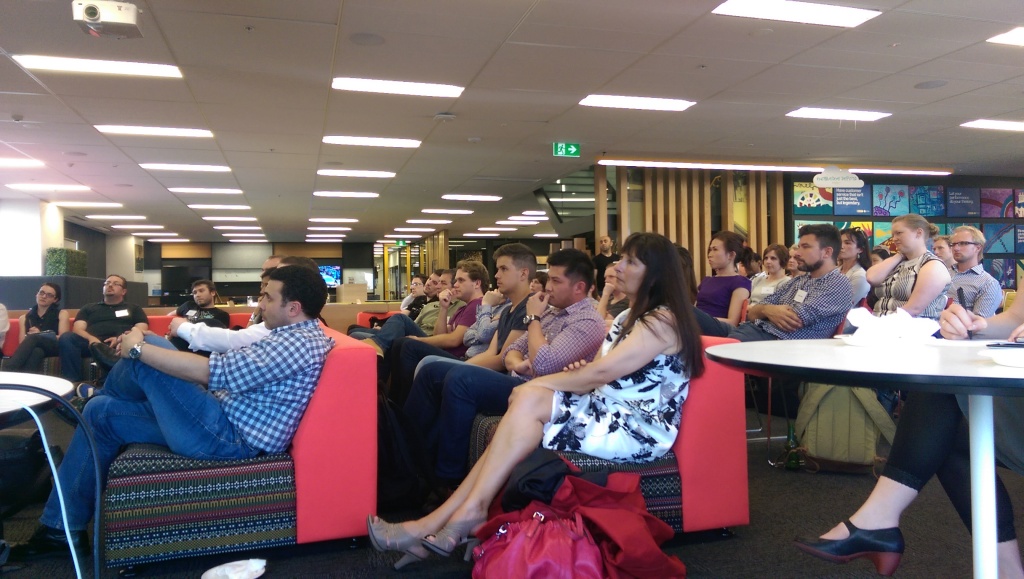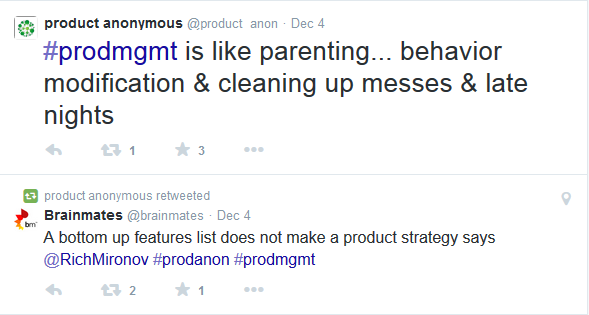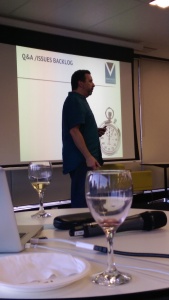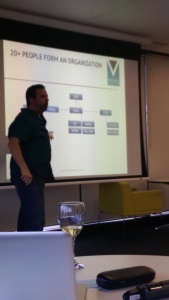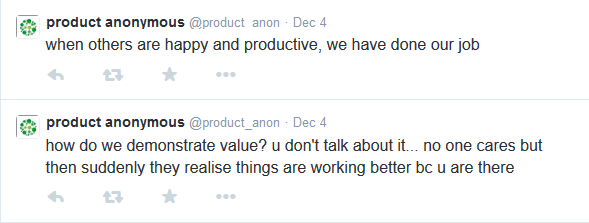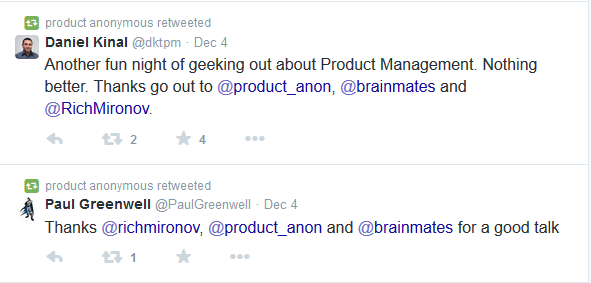For our 2nd startup product management session, local Melbourne company, xLabs, shared their MVP story as two of the co-founders, Joe Hanna and Steve Roberts, took us from idea to paying customers.
What is xLabs?
With a unique technical ability, xLabs, provides valuable UX data via continuous real time tracking of eye & head movements using only a webcam instead of complex technical equipment.
The head tracking component does not require calibration so it’s easy for the end user involved in the testing and while the eye tracking does require calibration – having good lighting is the hardest part.
Getting to MVP
The technology behind xLabs was built by 2 additional co-founders – the scientists – Alan Zhang and David Rawlinson – who thought it would only take 3 months to build the algorithm. In reality, it was 18 months until they had a working prototype and were ready to launch an MVP.
Research & Choosing a Market
There are many applications for the technology including the ability for people without the use of their hands to control a computer using their eyes & head. Of course, Joe & Steve needed to choose which market to go after.
In conducting user research, they realised the technology could be really useful for UX research and began down the road of SaaS eye tracking heatmaps.
The research also held two important findings – privacy concerns & ease of use.
It was important that they were ‘privacy by design’ and the end user explicitly turning on the camera. They are very careful to store only the output of the analysis (not the camera data). Everything is either discarded or left on the local machine.
They also found users hated downloading the software to their desktop and so they very quickly switched to a Chrome extension with a much lower barrier to use.
How to go to market?
In a ‘build it & they will come’ moment, they thought users would flock to them once they launched the SDK – but nothing happened.
It turned out they needed to be able to show people how the software worked instead of just describe it. This is when they began working with a proof of concept model.
They built enough tools to show the features & functionality & then partnered with organisations like Loop11 who could benefit from the technology learnings.
It was during this time they found out that their key persona – the UX person – was not an adopter because external UX studies were seen as a more ‘formal research event’ conducted post ideation by which time ownership had passed to the business. There was also resistance to change based on a perception of, ‘what can I learn here that I don’t get from mouse/click tracking’ that Joe & Steve need to explain.
This is when Joe and Steve got more heavily involved in the next evolution of the product and the design to pivot on this first approach.
.@product_anon startup sessions with xlabs @xero pic.twitter.com/EARm7Taoud
— Laura Cardinal (@LauraCardinalAu) May 21, 2015
In tackling these two aspects Joe and Steve used some early adopters to reveal both the advantages of eye-tracking over click-tracking and remove the biases of previous design methods.
Eye-tracking technology reveals there is much to learn about how users engage with their computer screen without relying on their mouse any more. Changes to our behaviour driven both by touch technology and the increased density of information applied to websites has moved us away from pairing our hands/mouse with our consumption of the page.
#ux heat mapping product bespoke to @XlabUSA at @product_anon and @Xero event on #startup #prodmgmt. pic.twitter.com/suv6UjxTP9
— Elizabeth Ebeli (@ElizabethEbeli) May 21, 2015
We finished up the evening with questions & a chance for everyone to try the software themselves. For those of you who couln’t make it please check out what xLabs are all about via their Chrome extension or Developer SDK.
Thanks so much to Xero who hosted this month!
And a copy of the slides and videos can be found here:

